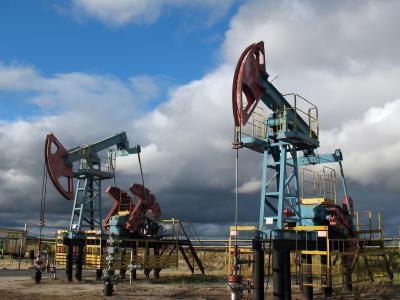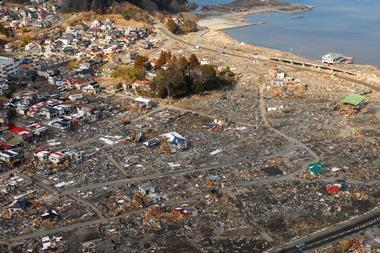The global energy insurance market has experienced one of its worst years ever

The global energy insurance market recorded its worst ever year for non-windstorm related losses in 2011, with close to $9bn (£5.64bn) of insured and uninsured total losses, according to Willis. This was attributed to unusually large losses in the Canadian Oil Sands as well as two major floating platform losses.
It was another record year for underwriting capacity, which continued to increase in 2011 as capital providers sought more stable returns in a volatile global economy, according to Willis’ 2012 Energy Market Review. Theoretical upstream and downstream capacity increased by more than 10% from 2010.
However, underwriters are deploying this capital selectively and showing greater differentiation in favour of the most attractive business.
The report also addressed the risks associated with shale gas drilling. It says that these risks could be significantly reduced so long as companies adhere to “best industry practices” and that “in general the market seems to be happy to write this business”.
Willis acknowledged that the correlation between overall capacity and rates in the energy market has weakened markedly in recent years, with a significant increase in overall capacity failing to lead to a further decline in rates. This was attributed to low worldwide interest rates, a lack of alternative capital havens, and more sophisticated industry modeling.
Alistair Rivers, chief executive officer, Willis Global Energy, commented: “Conditions in the energy insurance market are stable but fragile. Capacity is at a record level but insurers are deploying it selectively due to past claims volatility.
“Insurers are differentiating even further between the risks they truly value and those they don’t due to the recent losses or lack of underwriting information. It is vital that buyers provide as much information as possible and differentiate their risk profiles to secure optimum terms and conditions from underwriters.
“The offshore market direction remains in the balance as insurers wait for the full picture to emerge on the Elgin platform situation. However, if Elgin is resolved satisfactorily, there is ample opportunity for those buyers that can continue to differentiate themselves from their peer group to obtain much more preferential terms.”



















No comments yet